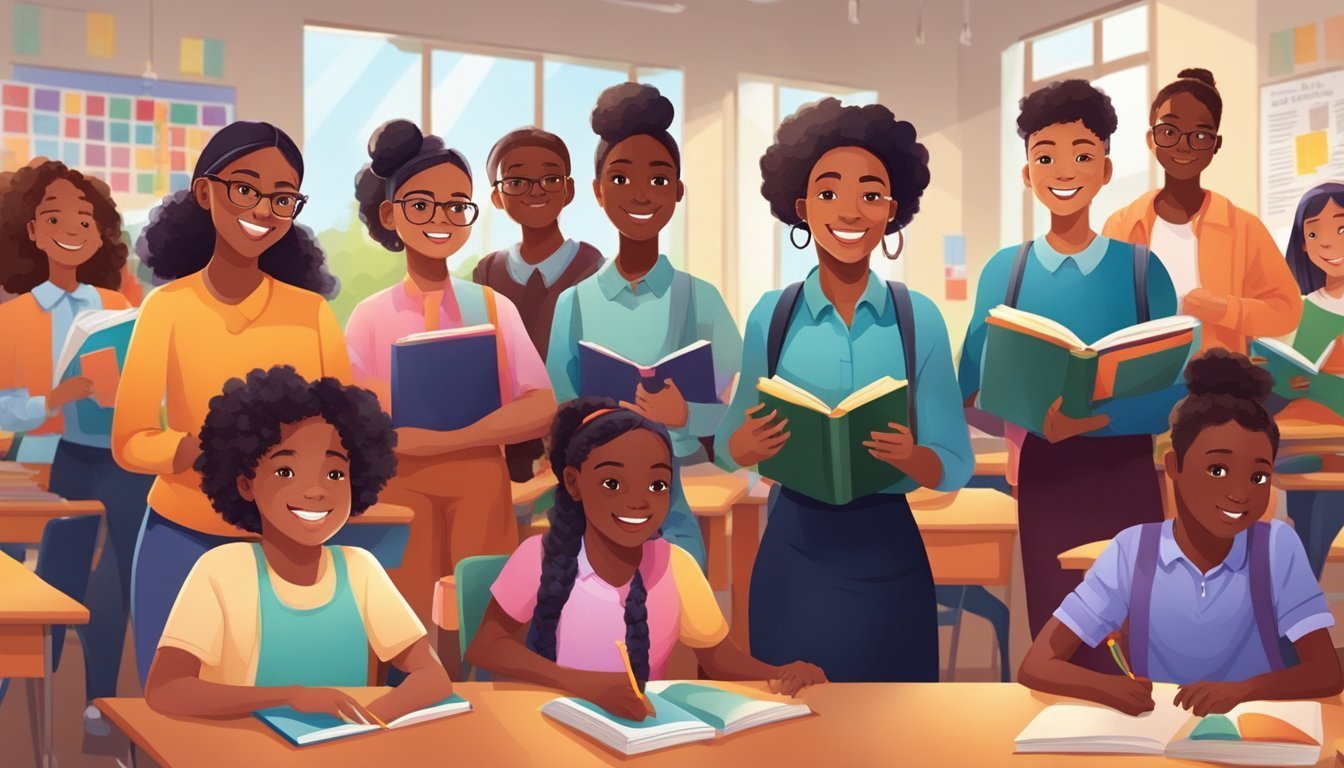When it comes to teaching Black history, there’s often an inclination to highlight only the celebrated achievements and prominent figures.
While this may appear beneficial at first glance, it neglects the intricate realities that make up the Black experience.
LaGarrett J. King, a professor at the University at Buffalo and the head of the institution’s Center for K-12 Black History and Racial Literacy Education, advocates for a more inclusive approach that recognizes the full spectrum of Black narratives.
Black Historical Consciousness
To address this need, King has developed a framework known as Black Historical Consciousness.
This framework includes several key principles that emphasize the lived experiences and individuality of Black people throughout history.
One of the most thought-provoking areas he explores is the notion of Black historical contention.
This concept unfolds in two significant ways.
First, it acknowledges the rich diversity within Black experiences, pointing out that there’s never been a singular Black identity.
For instance, contrasting figures such as Booker T. Washington and W.E.B. Du Bois, or Martin Luther King Jr. and Malcolm X, illustrates the various perspectives and approaches within the Black community.
The second interpretation gets more complicated and carries a critical message: many educators tend to present Black history in a sanitized manner, often adopting what King refers to as a “do no wrong” mindset.
This approach prioritizes respectability and frequently omits the more difficult and nuanced stories of Black people’s interactions with oppression, including issues related to sexism, classism, and homophobia.
Complexities of Black History
Consider the case of Liberia.
Founded in the early 1820s by free Black Americans who were encouraged by the American Colonization Society to leave a hostile United States, this West African country became a site of conflict.
The assumption was that Black Americans could not coexist peacefully with white individuals in America.
However, the resulting social hierarchy marginalized local indigenous populations, leading to significant tensions and a civil war in the 1980s.
This historical example underscores the importance of teaching Black history through the lens of power dynamics, revealing how the perceptions of Americo-Liberians toward indigenous populations were complex, despite shared racial identities.
It highlights the varied motivations behind Black migration trends as well.
By cultivating an understanding of Black historical contention, King believes we can better appreciate the full humanity of Black individuals—whether they were liberated or faced oppression.
However, when he leads workshops for educators on this topic, he often meets resistance.
Many educators committed to imparting Black history struggle with established curricula that have historically stifled Black humanity.
There’s a prevalent belief among some Black educators that the study of Black history should primarily inspire joy and pride, particularly when mainstream history often neglects positive representations of Black individuals.
The fear persists that exposing uncomfortable historical truths may provide ammunition for those seeking to undermine Black communities.
Understanding Complexity in Education
On the other hand, white educators frequently express unease about confronting the harsher realities of Black history.
They worry that discussing these difficult topics could lead to accusations of racism, potentially damaging their careers.
This discomfort echoes a larger societal trend that favors simplified narratives.
In these stories, heroes are exalted, and villains are unequivocally condemned.
This binary thinking oversimplifies the intricate nature of Black history, which often involves identifying oppressed groups—commonly Black individuals—while easily labeling oppressors—usually white individuals.
Yet, by shying away from these complexities, educators risk presenting a narrow understanding of history.
A comprehensive portrayal of Black history necessitates acknowledging the entirety of human experience—both the admirable and the flawed.
Ignoring this rich tapestry diminishes the depth of Black identities and experiences.
Sticking to a polished version of history could mislead students.
Many might find it hard to relate to the “perfect” heroes of history.
People come from diverse backgrounds with unique beliefs and identities, which can vary significantly from those of celebrated figures.
Gaining a complete understanding of history empowers students to create meaningful change in their communities.
A nuanced perspective on the past—including its imperfections—fosters relevance and instills courage that can motivate them to address present-day challenges.
In conclusion, the lessons drawn from human flaws and moral ambiguities are just as crucial, if not more so, than those from triumphs and victories.
By embracing Black historical contention, we unveil layers of inspiration that resonate with everyone, inviting us to fully appreciate the complexity of human experiences.
Source: Edweek


